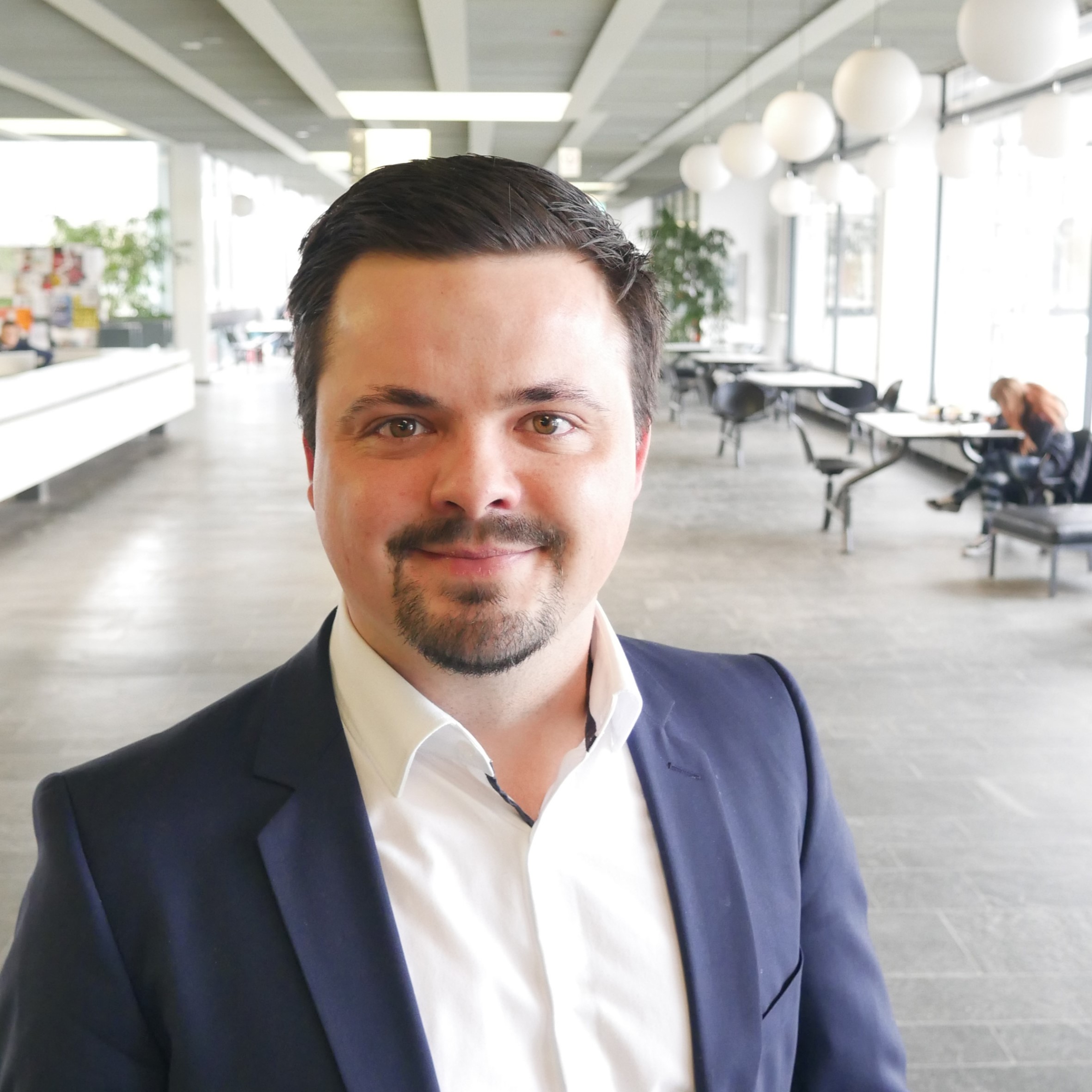Sensor Labor

The gas sensing laboratory is dedicated to investigate the interaction of gaseous compounds with seminconducting materials at defined environmental conditions like temperature, concentration, etc. In addition, the interplay of different gaseous species (incl. humidity) is studied, which allows to assess surface reactivities on nanostructured surfaces. The changes in electrical properties of studied materials with respect to environmental conditions can be corellated to gain further insight into surface reaction pathways which are pivotal for heterogeneous catalysis or gas sensing.
For sensor applications materials are evaluated against the well established so called S-criteria:
- Selectivity: Detection of target analyte against an arbitrary background
- Sensitivity: Repeatable detection range against an arbitrary background
- Speed: Sufficiently fast detection of target analyte
- Stability: Long term stability of sensor performance
- Scaleability: Scaled up fabrication of sensor platform
- Systemability: Ease of integration of sensor technology in existing electronic platforms
Available equipment
- Gas sensing chamber with 4 channel gas mixing incl. temperature and humidity control
- Home-built LabView based control software for manual and automated testing
- Keithley 2400 Source Meter
- Various test gases (incl. synthetic air, CO, NH3, SO2, NO2, EtOH, H2, O2)
Further reading
Point of contact
-

Prof. Dr. Dr. (h.c.) Sanjay Mathur 430 322b
- Telefon
- +49 221 470-4107
-
sanjay.mathur
uni-koeln.de
-
Dr. Thomas Fischer 421 322b
- Telefon
- +49 221 470-3292
-
t.fischer
uni-koeln.de
-
David Graf 426/420
- Telefon
- +49 221470-7470 3099
-
dgraf1
uni-koeln.de

